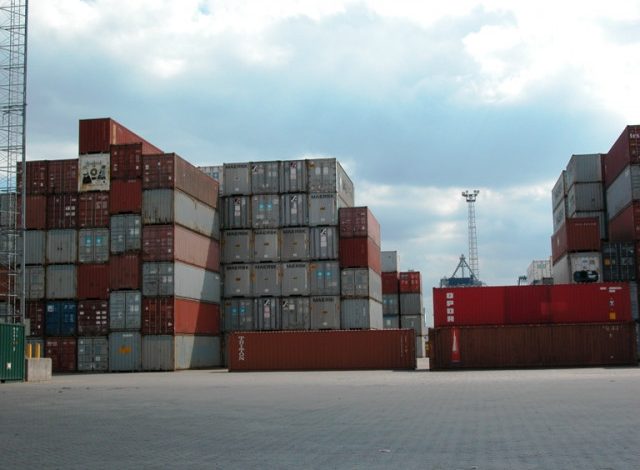IMF wants to know more about the $11 billion trade data gap.

The International Monetary Fund (IMF) has ordered Pakistan to publicly reveal $11 billion worth of differences in trade statistics recorded by two government agencies over the past two fiscal years. This has raised doubts about the reliability of the country’s external sector metrics.
The Express Tribune got information from the government that Pakistan Revenue Automation Limited (PRAL) said that imports were $5.1 billion less than what Pakistan Single Window (PSW) said for the fiscal year 2023–24. They went on to say that the gap grew even worse, reaching $5.7 billion in the next fiscal year. According to the sources, PSW’s import numbers, which are said to be more complete because they contain all import entries, were also higher than the State Bank of Pakistan’s (SBP) freight-on-board (FoB) based import data. We used data from the central bank to figure out the current account surplus for the last fiscal year.
According to sources, the Pakistani government told the IMF about the situation this week after the IMF contacted the Pakistan Bureau of Statistics (PBS) before the start of review talks. Later, PBS and the Ministry of Planning and Development talked about the problem in meetings.
The IMF suggested that Pakistan make its communication policy explicit so that those who use the data don’t lose trust in the government when there are differences in trade data and changes in methodology.
Pakistan is said to have told the IMF that the trade data that PBS sent to the Geneva-based International Trade Centre (ITC) was not complete and that significant import numbers were missing from its report. Officials, on the other hand, said that the underreporting was not done on purpose, but was instead the result of moving the trade data source from PRAL to PSW.
The Federal Board of Revenue (FBR) runs PRAL, while PSW is its own legal body. Most of its officers come from the Customs Department.
The sources added that the PSW data is more complete because it includes all import entries, especially those that are part of trade facilitation programs. On the other hand, PRAL’s figures showed fewer imports, mainly of raw materials. The IMF was told that differences in statistics grew a lot throughout the fiscal years 2023–24 and 2024–25. This trend has continued in the first two months (July–August) of the current fiscal year.
The sources say that the IMF has told the Pakistani government to fix and update previous trade data and share it with the IMF and all other interested parties in Pakistan, including the media. The IMF also told Pakistan to make sure it has a clear communication policy. It said that not communicating about changes to data and differences in data makes people question the quality of official statistics.
Place where the difference comes from
Sources said that the underreporting came to light during an effort to find out why there was such a big difference between the trade data supplied by Pakistani importers and Chinese exporters. The problem was being looked into by a committee that Prime Minister Shehbaz Sharif had set up. A group of people from the FBR, PBS, PRAL, and PSW worked together to look at five years’ worth of trade data. It turned out that PBS’s trade data was pulled using a programmed query that hadn’t been changed since 2017. This meant that imports were always underreported, which has been a big problem in recent years.
The PSW’s database was based on 15 categories of products declarations, but PRAL’s data was confined to seven, therefore it was more complete.
Because of this disparity, imports were underreported by $5.1 billion in fiscal year 2023–24 and $5.7 billion in the preceding year. This was mostly because PRAL’s dataset didn’t include products declarations connected to trade facilitation schemes. Sources stated that during an internal meeting, the FBR told stakeholders that Pakistan Customs had formed a distinct category for goods declarations for trade facilitation schemes. But PRAL didn’t include this classification in PBS’s data collection system, therefore some numbers were missing.
The biggest difference was in the textile industry, where over $3 billion worth of imports were not disclosed. In the fiscal year 2023-24, imports in the metal category were also around $1 billion lower than they should have been. Sources claimed that the PBS was hesitant to make the changes to the data from earlier years public, even though the IMF suggested that they do so.
People in the Ministry of Finance were also worried that making the new numbers public could change the way net exports are calculated, which could then change the estimates of economic growth.